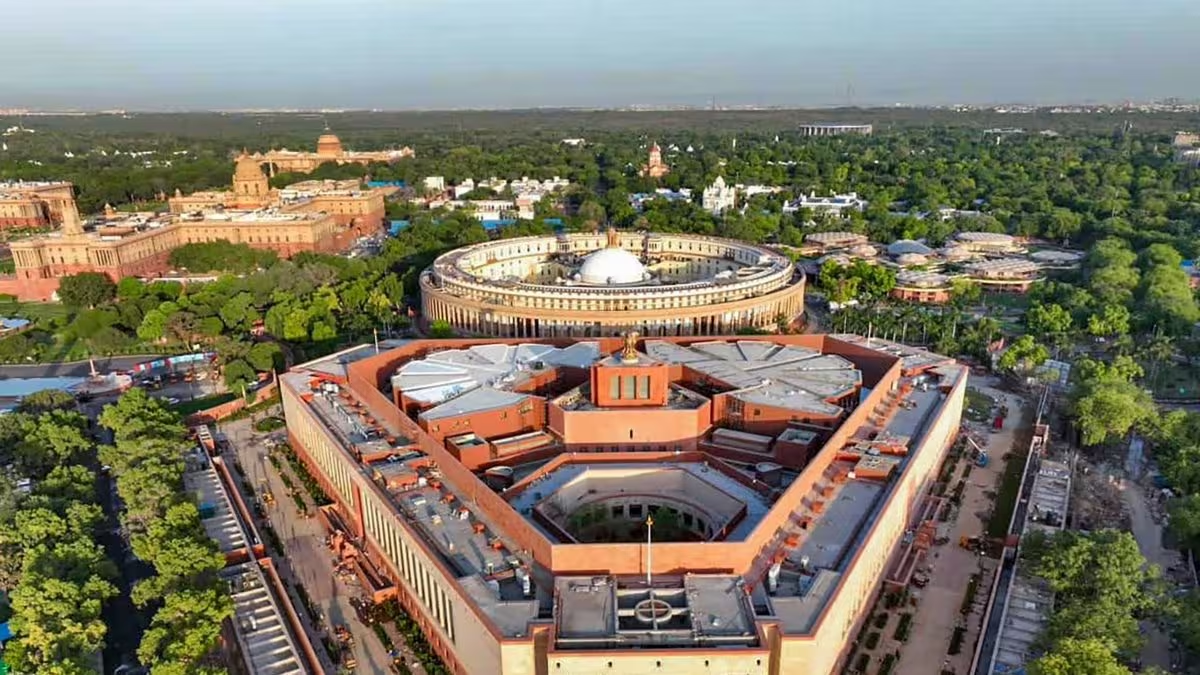The Bharatiya Janata Party (BJP), which has been a dominant force in Indian politics, recently faced a significant challenge: a shortfall of seats in the general elections. While still a formidable political entity, the reduced majority necessitates strategic recalibration to consolidate its position and ensure stable governance. To navigate this new political landscape, the BJP is likely to adopt a multi-faceted approach encompassing coalition building, policy initiatives, organizational restructuring, and enhanced public engagement.
Building and Strengthening Alliances
In the wake of the seat shortfall, the BJP will focus on building and strengthening alliances with regional parties. Forming coalitions with like-minded parties is essential to secure a majority and ensure smooth legislative functioning. The party is expected to:
- Reinvigorate Existing Alliances: Strengthening ties with existing National Democratic Alliance (NDA) partners by addressing their concerns and offering more significant roles in governance.
- New Partnerships: Seeking new alliances with influential regional parties, particularly in states where the BJP’s presence is weaker. This involves negotiating power-sharing agreements and ensuring representation of regional interests in national policies.
- Coalition Management: Enhancing coalition management mechanisms to maintain harmony among diverse allies, thus avoiding friction that could destabilize the government.
Policy Initiatives and Governance
To regain public trust and bolster its image, the BJP will likely prioritize effective governance and policy implementation. Key areas of focus will include:
- Economic Reforms: Accelerating economic reforms to boost growth, create jobs, and attract investment. Initiatives like improving ease of doing business, supporting startups, and expanding digital infrastructure will be pivotal.
- Social Welfare Schemes: Expanding and effectively implementing social welfare schemes, such as housing, healthcare, and education, to benefit the marginalized and underprivileged sections of society.
- Agricultural Support: Addressing the concerns of farmers by enhancing agricultural policies, ensuring fair prices for produce, and providing financial support during distress periods.
- Infrastructure Development: Continuing investments in infrastructure projects, including roads, railways, and urban development, to drive economic growth and improve connectivity.
Organizational Restructuring
Internally, the BJP will focus on organizational restructuring to strengthen its grassroots presence and improve electoral performance in future elections. This includes:
- Revamping Leadership: Promoting dynamic and young leaders to key positions within the party to bring fresh perspectives and energy. This also involves providing more autonomy to regional leaders to address local issues effectively.
- Strengthening Cadre: Expanding the party’s cadre base by recruiting dedicated volunteers and enhancing training programs to equip them with skills needed for effective campaigning and public engagement.
- Data-Driven Strategies: Leveraging data analytics to gain insights into voter behavior, identify key issues, and tailor campaigns accordingly. This involves investing in technology and building a robust data management infrastructure.
Enhanced Public Engagement
Connecting with the electorate and addressing their concerns is crucial for the BJP to consolidate its position. The party will likely enhance public engagement through:
- Grassroots Outreach: Intensifying grassroots outreach programs to connect with voters, understand their issues, and offer solutions. This involves organizing community events, town hall meetings, and door-to-door campaigns.
- Media and Communication: Strengthening media and communication strategies to effectively convey the party’s achievements and policy initiatives. This includes using traditional media, social media platforms, and digital campaigns to reach a broader audience.
- Addressing Grievances: Establishing robust mechanisms to address public grievances promptly. This could involve setting up dedicated helplines, online portals, and local offices to resolve issues efficiently.
Focus on Inclusivity and Unity
The BJP will need to emphasize inclusivity and unity to counter any narratives of divisiveness and consolidate its support base. This entails:
- Promoting Social Harmony: Implementing policies that promote social harmony and integration across different communities and regions. Ensuring fair representation and addressing grievances of minority communities will be crucial.
- National Integration: Fostering a sense of national integration by celebrating cultural diversity and promoting initiatives that strengthen national identity and unity.
- Combating Polarization: Actively working to reduce political polarization by engaging in dialogue with opposition parties and seeking common ground on key national issues.
Strategic Use of State Machinery
Leveraging state machinery to implement policies effectively and gain public trust will be a priority for the BJP. Key strategies include:
- Efficient Governance: Ensuring efficient and transparent governance at all levels to deliver public services effectively. This involves streamlining bureaucratic processes and enhancing accountability.
- Law and Order: Strengthening law and order to maintain public safety and instill confidence among citizens. This includes modernizing police forces, improving intelligence gathering, and enhancing security infrastructure.
- Disaster Management: Enhancing disaster management capabilities to respond effectively to natural and man-made disasters. This involves improving early warning systems, disaster preparedness, and rehabilitation efforts.
Electoral Reforms and Voter Trust
To restore voter trust and improve electoral performance, the BJP will likely advocate for electoral reforms, such as:
- Transparency in Funding: Promoting transparency in political funding to reduce corruption and build public trust. This involves implementing stricter regulations on political donations and campaign expenditures.
- Electoral Process Improvements: Advocating for reforms in the electoral process to ensure free and fair elections. This could include measures like introducing electronic voting machines with verifiable paper trails and ensuring timely voter roll updates.
- Voter Education: Enhancing voter education programs to inform citizens about their rights and the electoral process. This involves conducting awareness campaigns and providing resources to educate voters on the importance of their participation.
Conclusion
In conclusion, the BJP’s path to consolidating its position following a shortfall of seats in the general elections will involve a multifaceted strategy. By building and strengthening alliances, focusing on effective governance, restructuring the organization, enhancing public engagement, promoting inclusivity, leveraging state machinery, and advocating for electoral reforms.





